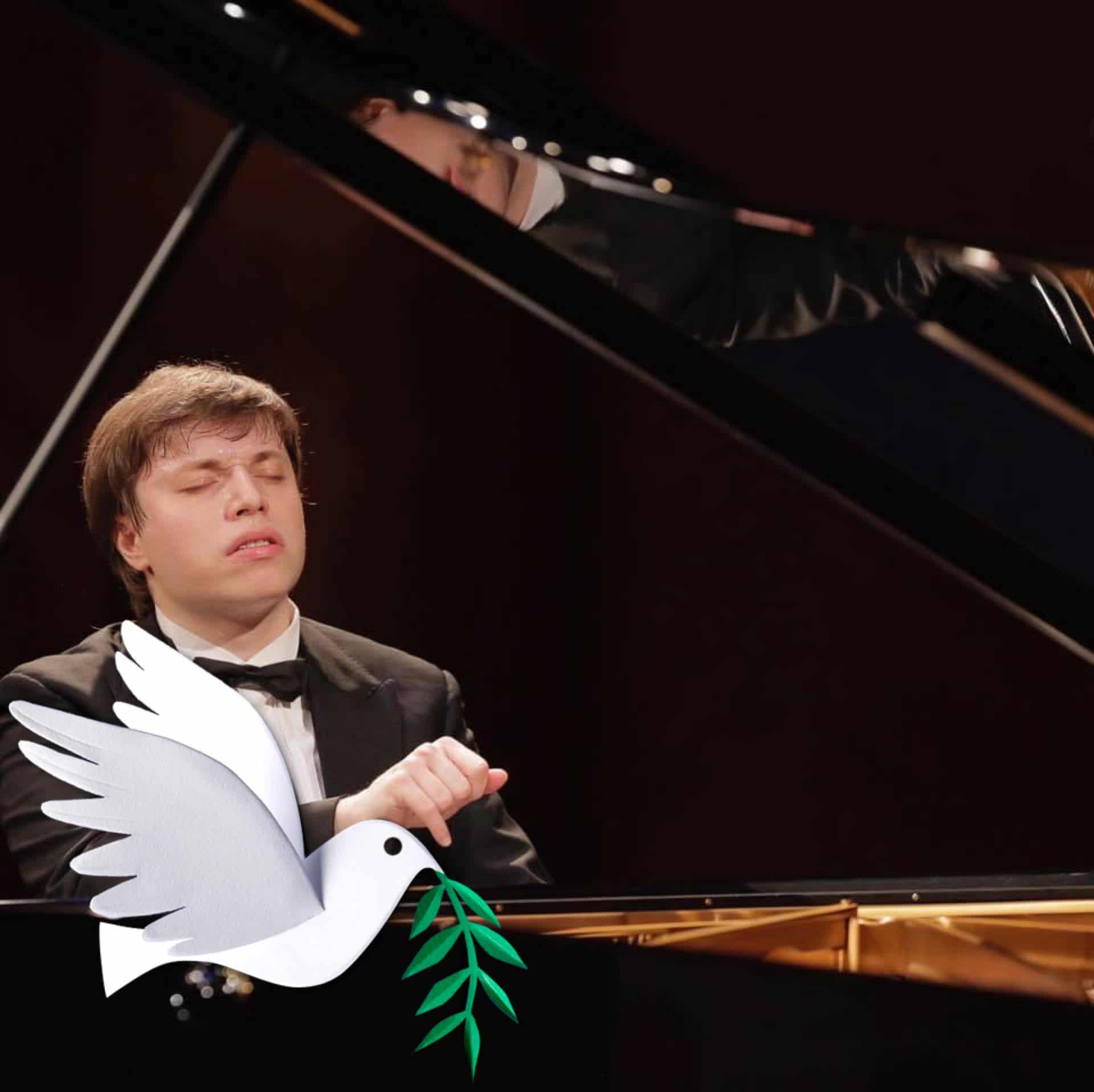It’s back to the USSR in Cliburn Competition finals
NewsThe six final contestants were announced in the last few hours.
Four pianists from former Soviet states will face a lone American and a Korean (who’s also the youngest, at 18).
Here’s the lineup:
Dmytro Choni, Ukraine, 28
Anna Geniushene, Russia, 31
Uladzislau Khandohi, Belarus, 20
Yunchan Lim, South Korea, 18
Ilya Shmukler, Russia, 27 (pictured)
Clayton Stephenson, United States, 23






Comments